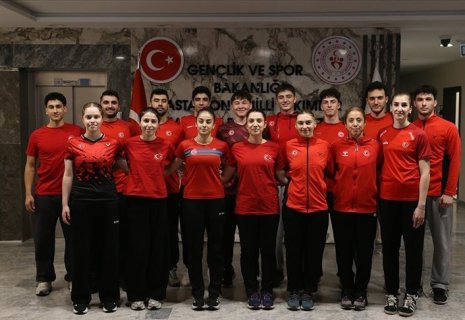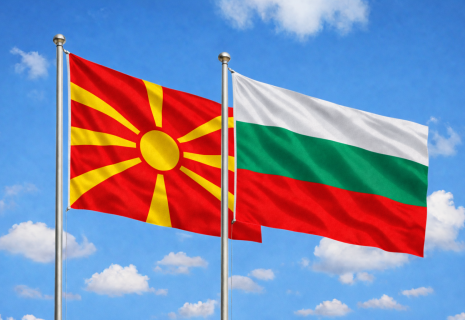
Turkish TV Series: success story and global impact
In the realm of television, certain countries have become synonymous with iconic entertainment, and Turkey is rapidly emerging as a powerhouse in the industry. Over the last two decades, Turkish TV series have made an indelible mark not only within their own borders but also on a global scale. This article explores the factors behind this success story and the profound impact Turkish dramas have had around the world, CE Report reports.
The Rise of Turkish Television
The Turkish television industry began its ascent in the early 2000s, riding the wave of globalization and shifting viewer preferences. Initially fueled by substantial domestic investments and government support, Turkish dramas evolved from traditional storytelling to more sophisticated narratives that resonated deeply with diverse audiences. The series often incorporate family dynamics, cultural values, socio-economic issues, and emotional depth, making them relatable across different cultural contexts.
Key Factors in Their Success
High Production Quality: Turkish producers have invested significantly in high-quality production, incorporating advanced cinematography, elaborate sets, and top-notch soundtracks. This professional polish distinguishes Turkish series from many of their competitors globally.
Cultural Richness and Storytelling: The rich tapestry of Turkish culture, history, and tradition serves as fertile ground for storytelling. The plots often draw from local folklore, regional conflicts, and even historical narratives, which can captivate not only Turkish viewers but also audiences from various parts of the world.
Strong Emotional Parallels: Viewers are often drawn to characters they can empathize with. Turkish series excel at depicting complex emotions and relationships, allowing viewers to see reflections of their own lives and struggles.
Universal Themes: Love, betrayal, family honor, societal pressures, and personal sacrifice are themes that transcend cultural barriers. Turkish dramas often explore these universal issues, making them appealing to a global audience.
Effective Distribution: In the age of digital streaming, Turkish series have found an eager audience on platforms such as Netflix, Amazon Prime, and various regional services. With subtitles available in multiple languages, these series have become more accessible than ever.
Global Impact: The Turkish Wave
The international success of these series has sparked what is often referred to as the "Turkish Wave" or "Dizi Fever." Countries across the Middle East, Latin America, Eastern Europe, and even Asia have embraced Turkish dramas. They have not only become a staple of local television but also fostered cultural exchanges.
Cultural Diplomacy: Turkish series serve as a tool for cultural diplomacy. They provide insight into Turkish culture, traditions, and lifestyles, fostering a better understanding and appreciation among international audiences. This cultural exchange has helped to soften political tensions in some regions.
Boosting Tourism: The global fascination with Turkish series has also boosted tourism. Locations featured in these dramas have become popular travel destinations, drawing fans eager to experience the real-life settings of their favorite shows. The tourism sector has recognized this and often collaborates with production teams to promote locations featured in successful series.
Economic Growth: The international success of Turkish dramas has also spurred economic growth within the country. The export of these series has become a lucrative business, with national broadcasters and production companies capitalizing on the global demand to generate significant revenues.
Inspiration for Local Productions: The success of Turkish series has inspired local producers in other countries to adopt similar storytelling techniques and production standards, raising the overall quality of television programming in many regions.
The Future of Turkish TV Series
The trajectory of Turkish television series seems promising. With the continued evolution of storytelling techniques and the rise of new digital platforms, there are limitless opportunities for further expansion. New themes, innovative formats, and diverse storytelling represent avenues through which Turkish series can continue to engage global audiences.
Conclusion
The success story of Turkish TV series is a testament to the power of storytelling transcending borders. As they leave an imprint on global culture, Turkish dramas not only entertain but also build bridges between diverse peoples, showcasing the beauty of shared human experience. In this dynamic landscape, it is clear that the world is only just beginning to appreciate the rich narratives that Turkish television has to offer.























